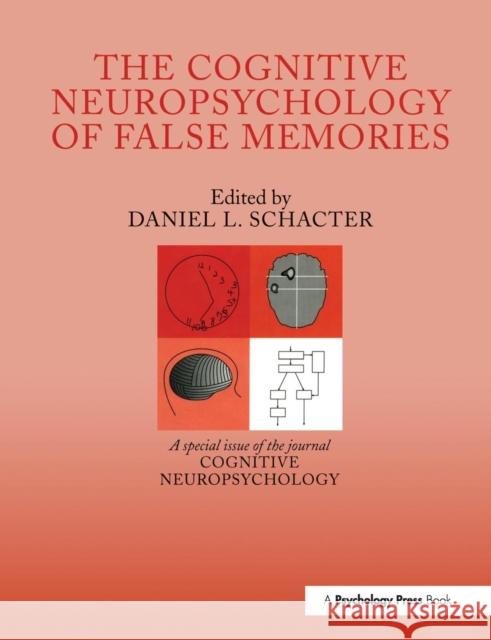The Cognitive Psychology of False Memories: A Special Issue of Cognitive Neuropsychology » książka
The Cognitive Psychology of False Memories: A Special Issue of Cognitive Neuropsychology
ISBN-13: 9781138877221 / Angielski / Miękka / 2019 / 324 str.
The Cognitive Psychology of False Memories: A Special Issue of Cognitive Neuropsychology
ISBN-13: 9781138877221 / Angielski / Miękka / 2019 / 324 str.
(netto: 203,94 VAT: 5%)
Najniższa cena z 30 dni: 201,44
ok. 22 dni roboczych
Bez gwarancji dostawy przed świętami
Darmowa dostawa!
People sometimes remember events that never happened. These illusory or false memories have important practical implications in various aspects of everyday life, and also have significant theoretical implications for cognitive and neuropsychological models of memory. Cognitive psychologists and neuropsychologists have long been aware of false recognition, confabulation, and related kinds of memory distortions, but during the past several years research on these topics has increased rapidly. In recognition of this emerging domain of interest, this special issue of Cognitive Neuropsychology is devoted to the cognitive neuropsychology of false memories. Edited by Daniel L. Schacter, the special issue features experimental and theoretical contributions from leading cognitive psychologists, neuropsychologists, and neurologists that explore such issues as false recognition after frontal lobe damage, the nature of confabulation, amnesia and false memories, physiological correlates of memory illusions, memory distortions in normal and abnormal aging, and computational models of true and false memories.











